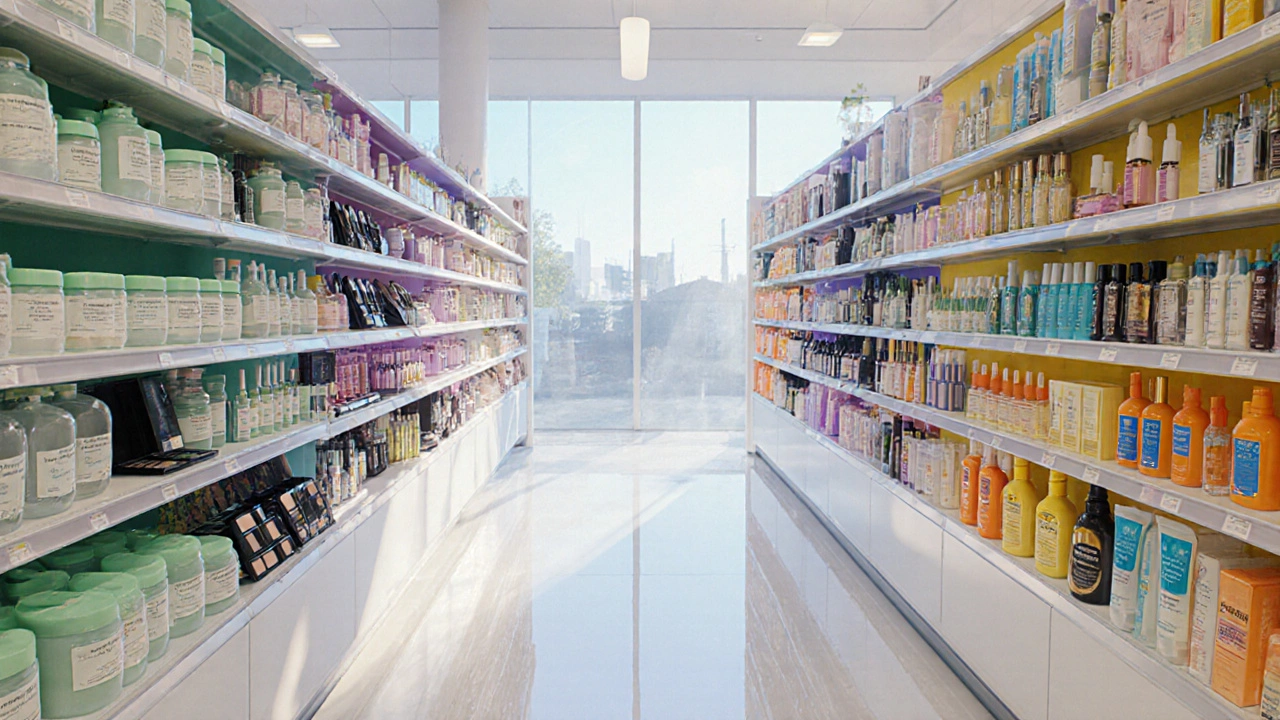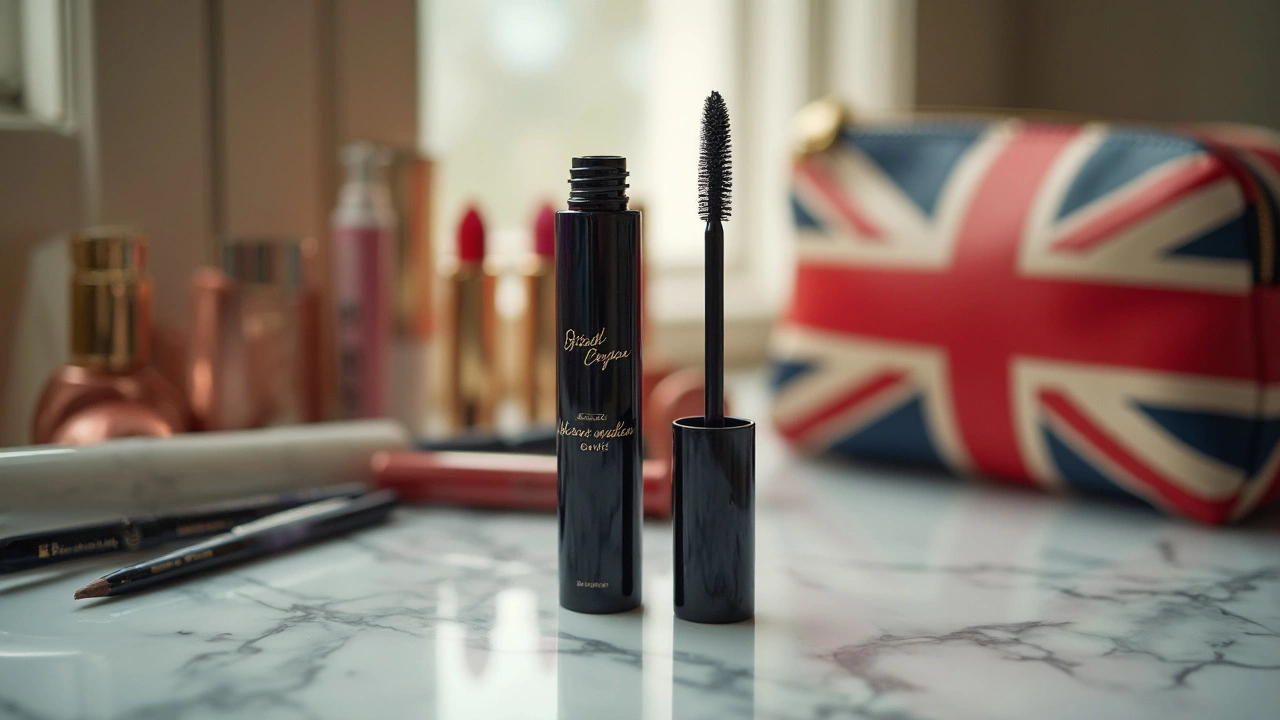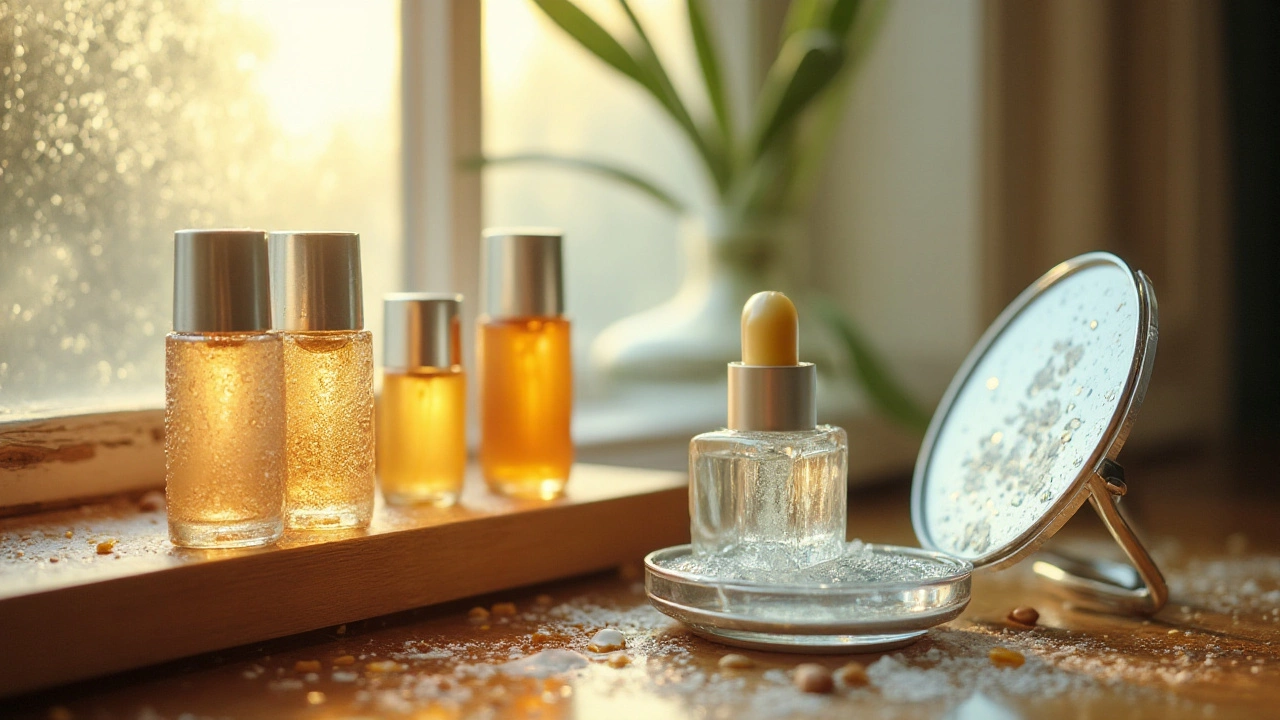Cosmetic Products – What’s Hot, What Works, and How to Pick the Right Ones
If you’re scrolling through endless beauty aisles, you’ve probably felt overwhelmed. Which brand actually delivers results? Which product fits your skin type? We’ve pulled together the most useful advice from our recent articles so you can stop guessing and start glowing.
Top Cosmetic Brands to Watch in 2025
Every year a few names rise above the rest, and 2025 is no different. Our guide to the “Best Beauty Brand Revealed” shows that the winners aren’t just famous; they back their claims with real research. Look for brands that publish ingredient lists, avoid heavy fragrances, and have clear sustainability policies. When a company spends time explaining why a peptide works, that’s a good sign you’re dealing with a serious player.
Two other posts—"Most Popular Makeup Brands" and "Top 5 Cosmetic Brands"—highlight the same pattern: consistent performance across multiple product lines. If a brand nails foundation, eye shadow, and skincare, chances are they’ve got a solid formula foundation. Don’t be swayed by hype alone; read user reviews, but also check if the brand invests in clinical testing.
How to Choose the Right Products for Your Skin
Picking a product isn’t about the price tag; it’s about matching formulas to your needs. Start with your skin type: oily, dry, combination, or sensitive. For oily skin, look for lightweight, water‑based moisturizers and non‑comedogenic makeup. Dry skin benefits from hyaluronic‑acid serums and richer creams. Our "Top Skincare Brands" articles break down which ingredients shine for each type—think niacinamide for redness, retinol for fine lines, and ceramides for barrier repair.
Next, read the ingredient list. If a product lists a single active ingredient like vitamin C or salicylic acid at the top, that’s a clue it’s doing real work. Avoid long lists of unnecessary fillers. When you see terms like “fragrance‑free” or “paraben‑free,” the brand is usually more considerate of sensitive users.
Finally, test before you commit. Many retailers offer sample sizes or travel kits. Try a product for at least a week before judging its long‑term effect. If it causes irritation within a few days, stop using it—your skin will thank you.
Beyond the basics, keep an eye on emerging trends. Our "Youthful Drinks" piece reminds us that beauty starts from inside, so a good skin routine pairs well with hydration‑focused beverages. And if you love a luxe look, the "What Makeup Do Wealthy People Wear?" article points out that high‑end doesn’t always mean better; sometimes the formula is simply more concentrated.
Bottom line: stick to brands that are transparent, choose ingredients that suit your skin, and give products a fair trial. With these steps, you’ll navigate the cosmetic products aisle with confidence and leave with items that actually make a difference.



